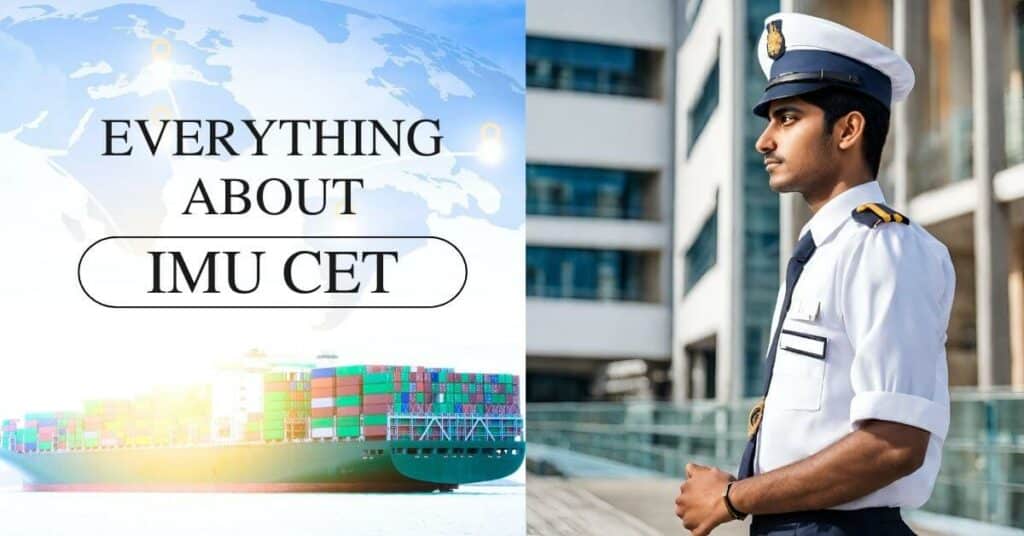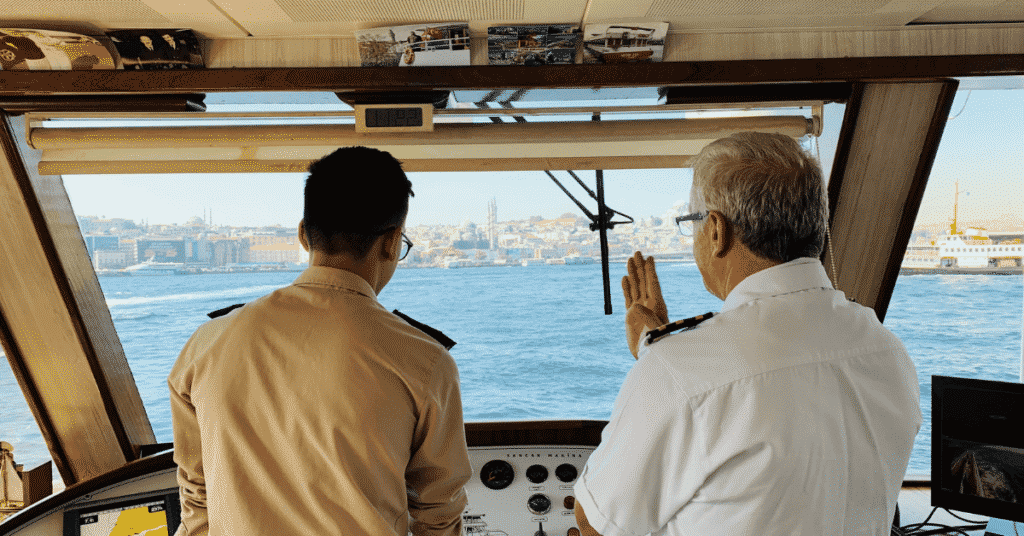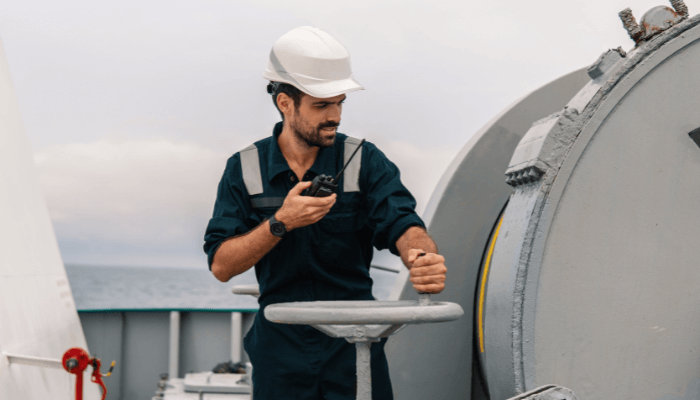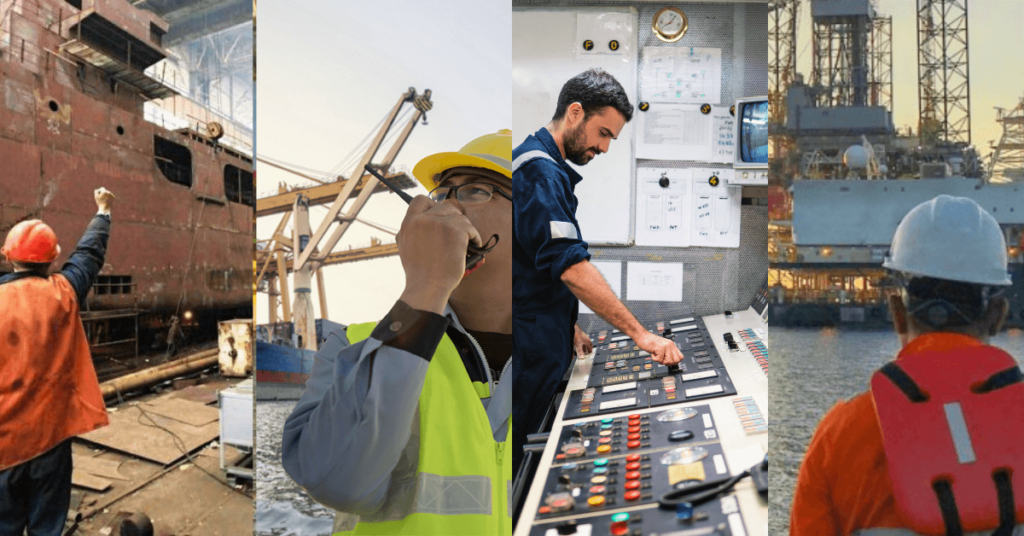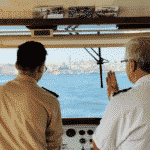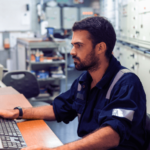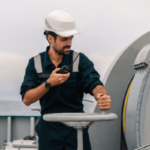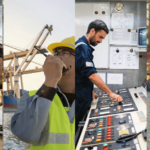Marine Teaching Profession – Getting A Much-Needed Face-Lift
Although praised as one of the noblest of professions, the teaching field, at least as far as Mariners were concerned, was not the first choice, for many an anxious ‘shore-bound’ mariner, with his weather eye open for suitable employment, of a more settled nature. Besides being not very well paying, it was even without the glamor and hype of marketing jobs or the perks associated with them. Unlike service jobs in the Hotel industry or Engineering concerns, there was none of the fast-paced efficiency or tension of meeting targets and dead-lines, which could act as a stimulant for activity.
Long derided as a dead-end, teaching in maritime Institutes in India may, at long last, be on the way up. Besides becoming a more stream-lined, accountable and better remunerated career, it was only the emergence of a host of private maritime institutions, which ushered in some much-needed competition, urgently needed to shake-up the hitherto placid and lethargic manner, in which the marine educational industry was stagnating. This is certainly good news for the students, who stand to benefit the most, from an improved, though more expensive, education process.
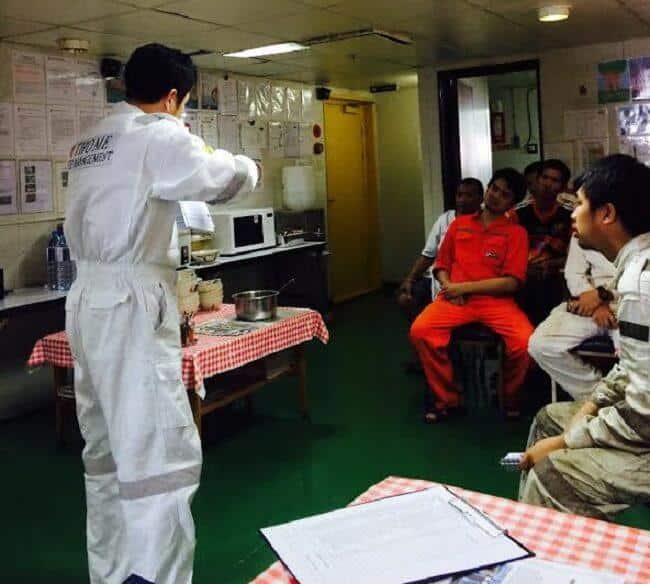
In the past, there was no yardstick for comparison. Neither were there any systems in place, for generating suitable feed-back, to judge the effectiveness of the training imparted. One of the biggest challenges, for the academic community, has been the creation of a suitably competitive environment, wherein the Institution is accountable, for the quality of education that it is imparting. It also needs to become self-reliant, in terms of revenue generated, whether from existing facilities or by addition of some value-added courses.
All this was a slow change, aided no doubt by the proliferation of a number of approved private maritime institutions, across the country. Suddenly students were being viewed, not as long suffering but necessary parts of the process, but as Customers, who not only demanded a high standard of service, but were willing to pay for it.
World-wide, Maritime education is gradually shifting focus, from being a non-profitable or charitable cause, to an area of intense competition.
As a matter of fact, even Shipping companies have realized, that to survive in the midst of cut-throat competition, they need to ensure, that they are not only responsible for employment of mariners, but also for their training. Reputable companies are now employing professional teachers, to run their training programmes, through their in-house Training Cells, to ensure that their personnel are, indeed, of good caliber.
To achieve quality is not easy. A number of Institutes started taking a long hard look at their systems – not just the infrastructure available, but more importantly their internal policies. As the saying goes ‘You pay peanuts, you get monkeys.’ To retain quality Faculty members, the remuneration structure needed to be looked into, so that it was at least comparable to, say, the average package of a Superintendent in a Shipping company. This is based, not just on their teaching skills, but also on their administrative capabilities and other revenue-generation activities.
They are involved in a host of allied activities, which include Consultancy, Project reports, Publications, involvement in Seminars and Workshops and also contribution to other institution-building activities.
Having said that, however it is not just a heavy pay-packet that will attract appropriate talent. The Institution must be able to generate a supportive atmosphere, by demonstrating a commitment to excellence, with a progressive policy of encouraging talent. More importantly, it must be able to show some tangible long-term prospects, which will not only encourage growth, but which will also give the Faculty a sense of Pride, in belonging to an elite organisation.
Training policies are also undergoing a sea change. Classroom and Student feedback, regular reviews, evaluation of individual institutional initiatives and self-appraisal are replacing the age old-seniority system, that was prevalent.
As opportunities expand, for ‘quality’ teachers, Retention may now become a major issue, at least for some of the less progressive Institutions. Obviously all the staff may not be in equally high demand.
Some of the fly-by-night Institutes are pointedly looking for a cheaper option. Instead of paying premium wages to full-time employees, they would like to hire them only on an hourly basis, much like Consultants. On the premise that “One can’t teach, what one does not know”, they would like to grab existing talent from the market, without having any long term policy. But good Industry people don’t come cheap. One of the biggest hurdles is the low hourly scales payable, as compared to those accustomed to the Corporate world. This may prove attractive for those retiring with some Industry experience, who are at the ends of their career graph. It will, however, not attract young talent, looking for future long-term prospects.
A ‘good’ Maritime Institute would allow it’s Faculty the freedom to ‘grow’ further, by encouraging extra consultancy or external training assignments, which the faculty would search out for themselves. This will, in fact, indirectly raise their pay-packets, without increasing the burden on the employer, which could well be the major incentive to remain ‘loyal’ to their Employer, by removing the hurdle of the cost, to the Employer. Faculty would thus be indirectly attracted, by fringe benefits from corporate expense accounts, which provide ‘carrots’ like travel to interact with international forums. They could even generate opportunities for placement in foreign countries, like Faculty Exchange programmes, while also attending seminars and conferences, which would only boost the reputation of their parent Institute.
These initiatives, unfortunately, may be confined to only a few of the more progressive Institutes, that are looking to bench-mark themselves internationally. Whatever the case, the student community would only benefit, for, at long last, they can now justifiably demand accountability and quality, from their educational institutions.
About the Authors

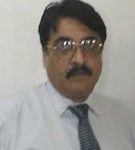
Mr. Vikram Gokhale and Mr. N. Nanda are both Marine Engineers, who are senior faculty with premier Maritime Training Institutes. They have extensive experience, not only as teachers in the Marine field, but also practical experience as shipboard engineers, in tackling a variety of problems. They are also authors of the popular NG Series of text-books.
Do you have info to share with us ? Suggest a correction
Latest Marine career Articles You Would Like:
- A Guide To IMU CET Exam 2024
- A Guide to Merchant Navy Ranks
- What is Marine Engineering: Courses, Job Description & Salary
- Duties of 3rd Officer in Merchant Navy
- What is the Difference between Merchant Navy and Defence Navy?
- Naval Architecture vs Naval Engineering vs Marine Engineering vs Ocean Engineering
Subscribe To Our Newsletters
By subscribing, you agree to our Privacy Policy and may receive occasional deal communications; you can unsubscribe anytime.



